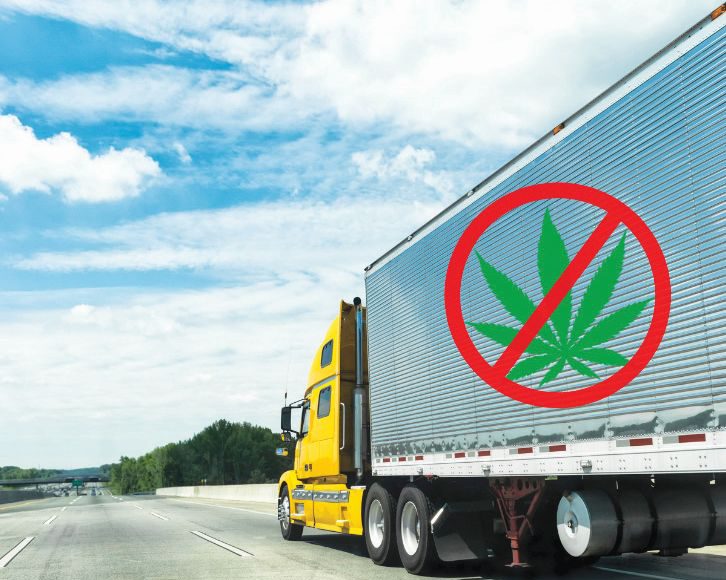There is no “American cannabis industry,” really.
California’s cannabis industry is in rough shape for a variety of reasons: high taxes and the refusal of many local governments to issue licenses being the top two.
So it seemed a little weird to see a headline at SFGate last week that read, “California’s latest attempt to save the legal cannabis market just failed.”
The only single, state-level action that might conceivably “save the legal cannabis market” would entail eliminating or substantially reducing the state’s 15% excise tax on weed, but that won’t be considered until at least next year. And even that wouldn’t be enough. The action SFGate referred to wouldn’t have done much at all except allow California cannabis companies to buy and sell pot across state lines. California “failed,” by SFGate’s reckoning, when Attorney General Rob Bonta declared last week that California should not allow interstate weed sales unless and until pot is legal at the federal level.
The continued federal illegality of weed crimps business in all kinds of ways, and one of the main ones is that it prevents cannabis companies in legal states from doing business across state lines, even if the other states are also legal.
While there are multi-state operators, they aren’t doing business across state lines; no legal pot is being shipped from one state to another—though of course literally tons of illegal pot are. There are, rather, a few dozen separate, isolated markets. To understand why this is a problem, try to imagine if Coors were allowed to sell beer only in Colorado. Or if Del Monte could sell tomato sauce only in California. Even if they could license their names to firms in other states as many pot firms do, those companies would be way smaller than they are. And prices would be way higher.
This is a major problem for pot companies large and small. Even small growers, for instance, would benefit greatly from interstate commerce. Last year, the California Legislature passed, and Gov. Newsom signed, a bill to enable commerce between California and any other legal state. The bill was contingent, however, on a finding that such activity would not subject the state or the industry to legal liability. Last week, Bonta—a major advocate for legal weed and the state’s pot industry—announced he had determined that interstate commerce would indeed be too risky absent the federal law being changed.
The California Department of Cannabis Control earlier this year asked Bonta to review the statute. His 36-page report is unequivocal: The legal risk, he wrote, would be “significant.” Indeed, there could be risk to government officers themselves: The question of “whether state officials could be federally prosecuted for implementing state law in this area” hasn’t been tested, he wrote. So Bonta said, in effect, best not to be the ones to test it.
While it seems highly unlikely that the Biden administration would put Newsom or Bonta in cuffs, it is sadly easy to imagine a Department of Justice under President Donald Trump doing so, say, if the Attorney General were Jeffrey Clark or—who knows?—Kid Rock. Trump is basically running on vows to use the presidency to punish his political opponents, and going after Newsom and other politicians from “the land of fruit and nuts” would surely appeal to his base.
Bonta didn’t mention Trump or Biden in his report, but he didn’t have to. There are many ways the federal government could enforce the Controlled Substances Act were California to start shipping pot out of state: civil actions and the loss of federal grants are but two of them.
Other states have either passed or contemplated similar bills, though most of them are entirely contingent on the federal government enacting some kind of reform that would shield them from liability. That could include full legalization, a focused shield law or some other policy.
The Department of Health and Human Services recently advised the Drug Enforcement Administration to reclassify cannabis as a Schedule III drug. That would ease some of the restrictions on pot, and make it easier to conduct research with it and to prescribe it for medical purposes, but it’s not clear what effect it might have on the interstate-commerce question.
And so we are left with the same conclusion we always are whenever nearly any problem related to the cannabis industry comes up: The sooner the federal government legalizes weed, the better.



